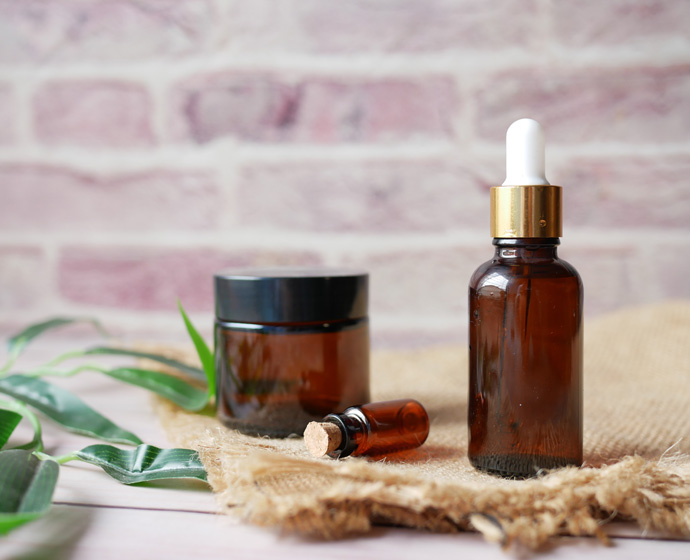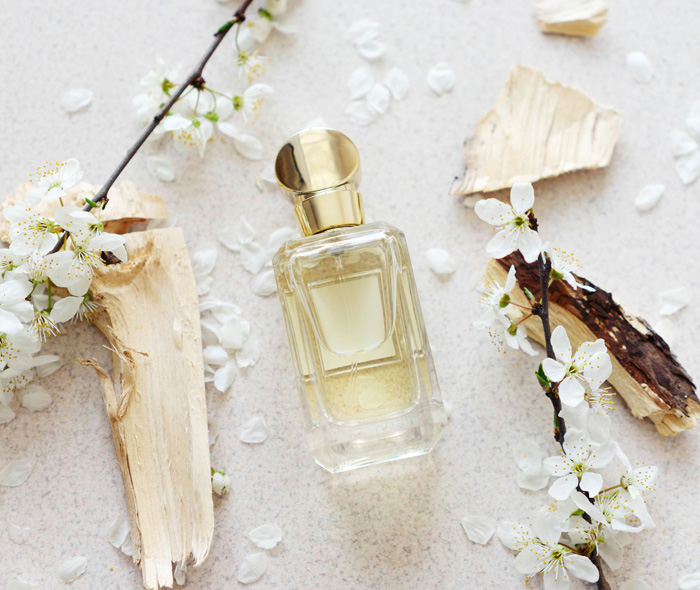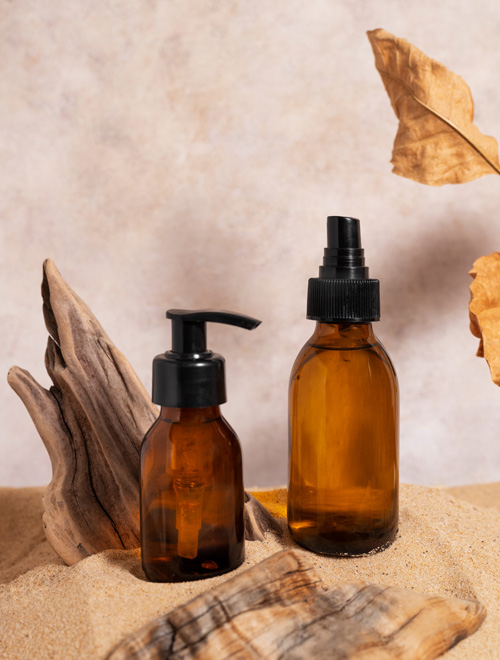Explore the world of fragrance on Misthree’s Blog. Discover articles and stories of fragrance, water-based innovations, and more.

Alcohol, often listed on ingredient labels as ethanol, denatured alcohol, isopropyl alcohol, or SD alcohol, is a common ingredient in many skincare products due to its ability to dissolve oil and provide a quick-drying effect. However, its short-term benefits often come at the expense of long-term skin health.
Stripping Natural Oils: Alcohol has a strong astringent property that can strip your skin of its natural oils, disrupting the delicate balance of the skin’s moisture barrier. This can lead to dryness, irritation, and increased sensitivity.


Some surfactants, especially sulfates like sodium lauryl sulfate (SLS) and sodium laureth sulfate (SLES), are known skin irritants. Prolonged exposure can lead to increased sensitivity and even trigger allergies in some individuals.
Read Ingredient Labels: Familiarize yourself with ingredient lists and opt for products that are alcohol-free and contain gentle, sulfate-free surfactants.
Read Ingredient Labels: Familiarize yourself with ingredient lists and opt for products that are alcohol-free and contain gentle, sulfate-free surfactants.
Prioritize Moisture: Choose moisturizers and serums that contain hydrating ingredients like hyaluronic acid, glycerin, and ceramides to replenish and lock in moisture.
Patch Test: Always perform a patch test before introducing a new product into your skincare routine to check for any adverse reactions.
Choose Misthree Products: Our products does not contain alcohol nor surfactants but instead contains a biodegradable polymer to encapsulate & disperse the essential oils or active ingredients uniformly in water. This is a simple elegant solution to create highly efficacious and sustainable solution without harming the environment.
While the allure of quick fixes and immediate results is tempting, it’s crucial to approach skincare with a long-term perspective. Alcohol and harsh surfactants might provide momentary benefits, but their negative impact on the skin’s health and integrity outweighs these gains. By opting for gentle, skin-friendly alternatives (e.g. Misthree products) and being diligent about reading ingredient labels, you can ensure that your skincare routine supports your skin’s well-being, leaving you with a radiant and healthy complexion for years to come.
Stay up to date witth our latest news, updates and special offers